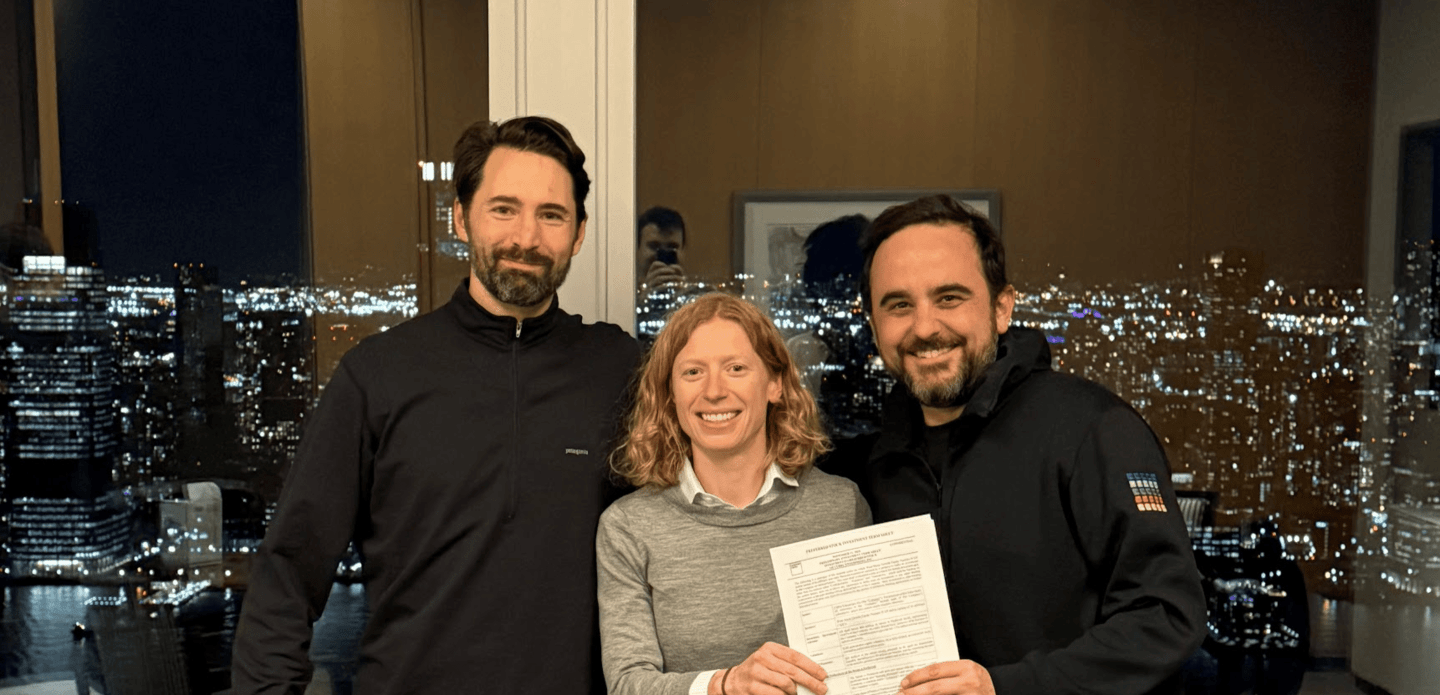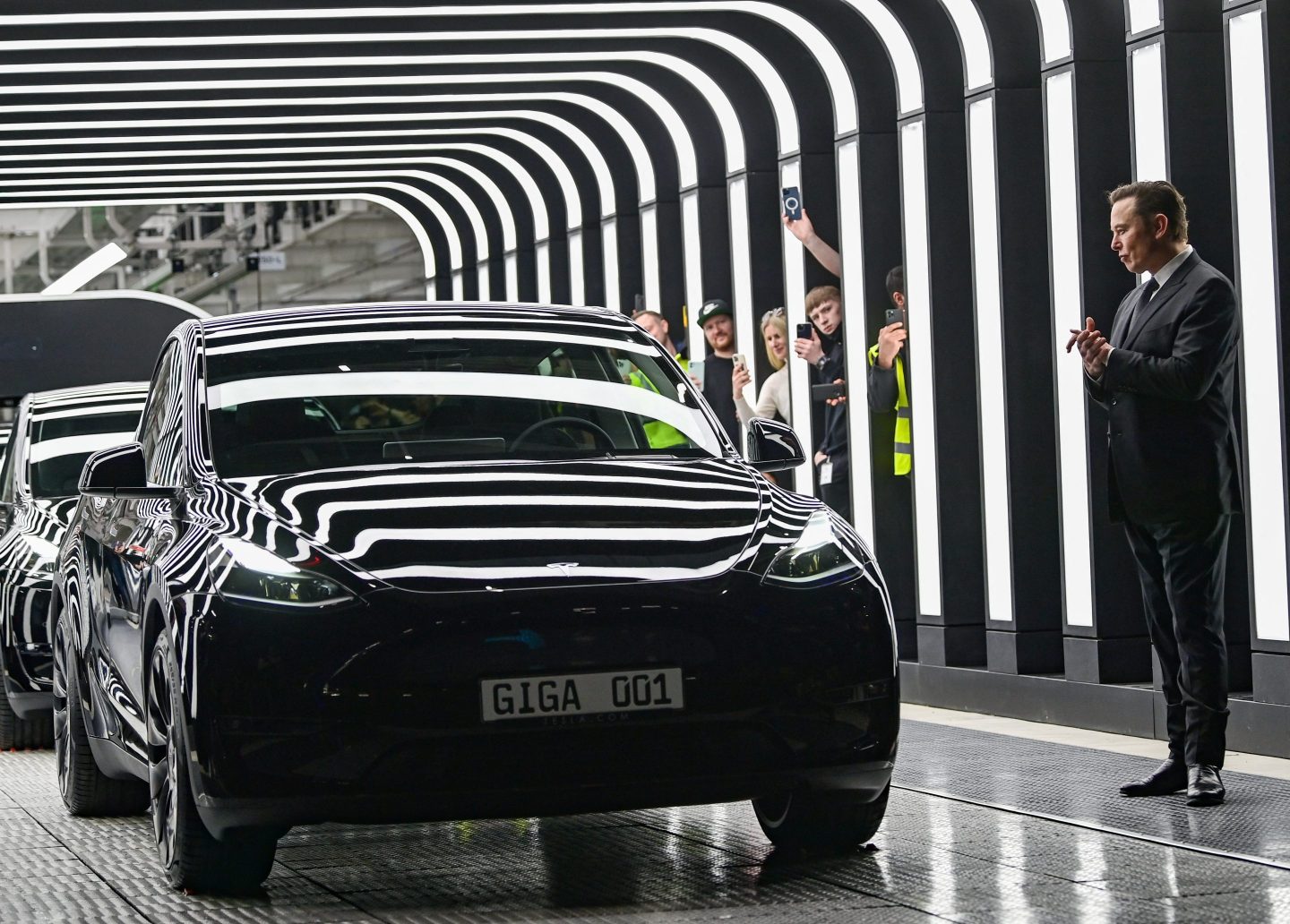FORTUNE — When billionaire Phil Falcone first cooked up the idea for creating the wireless company known as LightSquared, he dreamt of creating a 21st century version of Nextel. The key to Nextel’s success in the 1990s had been a slick strategy: first, it bought up airwaves used by taxicab dispatchers, then it convinced regulators it would make more sense to use them to carry cell phone calls. Poof! Out of thin air Nextel created a new wireless network for American consumers and billions of dollars for its investors.
As Falcone imagined it, Lightsquared’s business model would be virtually identical, buying up dirt-cheap airwaves that had been assigned to satellites and then convincing the FCC to let him run a modern “4G” cell phone network over those airwaves instead. Poof! Out of thin air Lightsquared would create a new wireless network for American consumers and billions of dollars for Falcone and his investors.
It hasn’t worked out that way. Now, with Lightsquared running dangerously low on cash and at loggerheads with regulators, Falcone may be forced to adopt a much uglier wireless business model that was also developed in the 1990s. That strategy, pioneered by a company called Nextwave Wireless, consists of suing your way to success.
Lightsquared’s real problems began after it convinced the FCC to let it turn its satellite airwaves into cellular airwaves. Suddenly makers of GPS gear flooded the FCC with concerns that a ground-based LightSquared network would stop GPS receivers from working. (GPS airwaves are nearly the same length as Lightsquared’s airwaves, and some GPS gadgets aren’t selective enough to separate out just the GPS signal.) That brought Falcone’s plans to a screeching halt.
The company has charged ahead. This week Lightsquared announced that tests by an independent lab had confirmed that its technical fix for the GPS problem would solve the problem, clearing the way for FCC approval.”We have cash through the next several quarters,” adds a Lightsquared spokesman. “Well beyond FCC clearance.”
Tim Farrar, a satellite industry analyst with TMF Associates, remains deeply skeptical. Deals with Inmarsat (ISAT) and Sprint (S) are rapidly draining company coffers, and Farrar thinks cash is likely to run out in the first quarter of 2012. He sees no way the necessary FCC approvals will come through by then.
If Lightsquared does run out of cash, the company would find itself in a situation very reminiscent of Nextwave. That wireless startup purchased airwave licenses from the FCC to build a new wireless network in the mid-1990s. But after couldn’t come up with enough cash it filed for bankruptcy protection in 1998. Naturally, the FCC demanded its airwaves back — immediately.
That was just the break Nextwave needed. The Supreme Court ruled 8-1 that FCC rules didn’t trump bankruptcy law, which effectively paralyzed the Nextwave spectrum for the next seven years. Luckilly for Nextwave, during that time the value of airwave rights steadily increased as demand for wireless communication soared. Eventually, though the company never managed to build the network it promised, it sold its airwaves to Verizon (VZ) for $3 billion, enough to pay off all its creditors with a tidy $550 million profit left over.
Appealing as such a prospect might sound, given where things now stand, LightSquared executives say they’re not thinking about court. “We’re confident we won’t have to go down that road.” Says Jeff Carlisle, Lightsquared’s head of regulatory affairs. Still he adds, “We have the legal right to use the spectrum for the purpose it was licensed for. That’s based on FCC precedent going back decades…in terms of whether we’ve got a legal right it couldn’t be clearer.”
A judge may well disagree. The Nextwave case turned on straight bankruptcy law, not the ownership rights inherent in a FCC airwave license. And after having been burned by Nextwave, the FCC is playing it safe to avoid saying anything that might give Lightsquared a legal case, says Farrar. “It’s one of those Hail Marys that’s incredibly unlikely to work, because the FCC knows what’s coming.”











